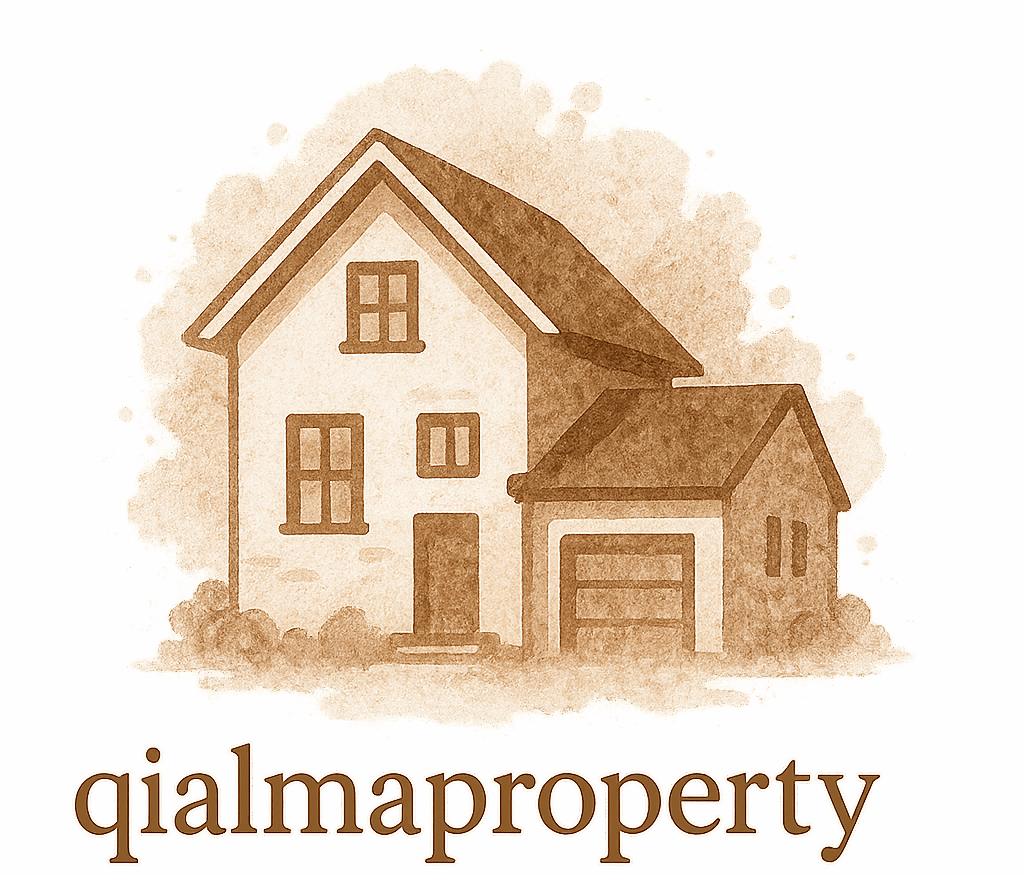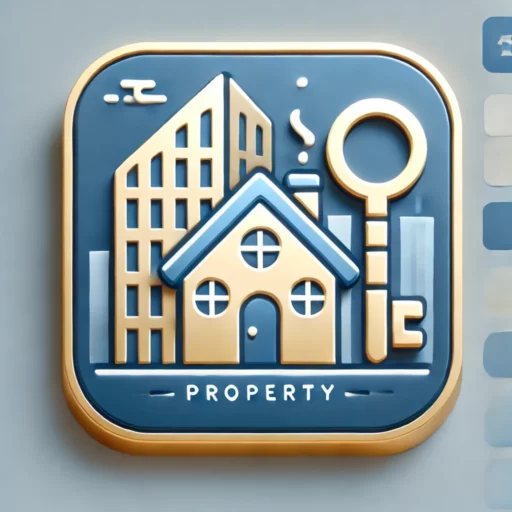Introduction
Real estate investing isn’t just about buying low and selling high — it’s about knowing the game inside out. And like any game, it has its own language. Whether you’re a first-time buyer or looking to sharpen your edge as a seasoned pro, mastering key terminology is non-negotiable.
Understanding real estate terms can help you analyze deals, talk confidently with professionals, and avoid costly mistakes. So, let’s break down the 11 real estate terms every savvy property investor must know — no jargon, just plain English.
1. Capitalization Rate (Cap Rate)
Understanding the Cap Rate
The Cap Rate is your go-to for figuring out how profitable a property might be. It’s the ratio between a property’s net operating income (NOI) and its purchase price.
Formula:Cap Rate = Net Operating Income ÷ Property Value
Why It Matters to Investors
The higher the cap rate, the better the return — in theory. But a higher cap rate could also mean higher risk. Use this metric to compare investment properties quickly.
2. Cash Flow
What Cash Flow Tells You
Cash flow is what’s left after all your expenses are paid. We’re talking mortgage, taxes, insurance, and maintenance — subtract all that from rental income and you’ve got your cash flow.
Positive vs Negative Cash Flow
Positive cash flow means you’re making money each month. Negative? You’re digging into your pockets. Aim for positive cash flow to ensure sustainability in your portfolio.
👉 Dive into our Rental Property Resources
3. Equity
Building Equity Over Time
Equity is the difference between your property’s market value and the remaining mortgage. The more you pay down the loan — and the more the property appreciates — the more equity you build.
Equity in Action
You can tap into equity to fund renovations or invest in more properties. It’s your hidden money maker.
👉 Learn more from our Real Estate Tips
4. Return on Investment (ROI)
Calculating ROI in Real Estate
ROI measures how much profit you’re making from your investment. It’s a percentage that tells you how well your money is working for you.
Formula:ROI = (Profit ÷ Investment Cost) × 100Samantha North
Maximizing ROI for Long-Term Growth
Look at ROI when planning flips, rentals, or commercial investments. You can boost it through renovations, tax benefits, or smart property management.
👉 Explore more on ROI Tips

5. Appreciation
Market Forces Behind Appreciation
Appreciation is the increase in a property’s value over time. It can happen due to market demand, inflation, or improvements to the home or neighborhood.
How to Spot High-Appreciation Zones
Follow the Property Trends and check areas with new infrastructure, schools, or business developments.
👉 Check out our Property Growth Insights
6. Loan-to-Value Ratio (LTV)
LTV and Financing Power
LTV compares the loan amount to the appraised value of the property. Lower LTV = less risk for lenders, which often means better interest rates for you.
Keeping Your LTV in Check
Keep your LTV below 80% to avoid private mortgage insurance (PMI) and qualify for better terms.
👉 Guide for Property Buying
7. Debt Service Coverage Ratio (DSCR)
DSCR Explained Simply
This ratio shows whether a property can cover its debt payments with its income.
Formula:DSCR = Net Operating Income ÷ Debt Payments
Why Lenders Love a Healthy DSCR
A DSCR over 1 means the property earns more than it owes — music to a lender’s ears.
👉 Read more under Investor Tips
8. Gross Rental Yield
What It Measures
It tells you the annual rental income as a percentage of the property’s price. It’s a great quick check of rental performance.
Formula:Gross Yield = (Annual Rent ÷ Purchase Price) × 100
When to Use This Metric
Use it to compare potential rental properties, especially when evaluating rental markets across different locations.
👉 Explore more at Real Estate 2025
9. Net Operating Income (NOI)
NOI Formula and Factors
NOI = Rental Income – Operating Expenses (excluding mortgage). It reflects the actual profitability of a rental before debt.
Making Smart Investment Choices with NOI
A solid NOI shows the true earning power of your investment. Always calculate this before signing a deal.
👉 See Real Estate Investment Tips
10. 1031 Exchange
Tax Benefits for Investors
A 1031 Exchange lets you sell one investment property and buy another — deferring capital gains tax.
Rules and Eligibility
There are strict timelines and property type rules, so consult an expert before doing a 1031.
👉 Learn about Property Selling
11. Vacancy Rate
Tracking Rental Market Trends
Vacancy rate is the percentage of unoccupied rental units. It reflects local rental demand.
Managing Vacancy for Profit
A high vacancy rate = bad news. Manage this with competitive pricing, good marketing, and desirable amenities.
👉 Stay updated on Market Trends
Why These Terms Matter for Every Investor
These 11 terms are more than just real estate buzzwords — they’re the lifeblood of your investing strategy. Knowing them helps you read the market, talk the talk, and walk the walk like a true pro.
Whether you’re navigating a seller’s guide or evaluating your next property investment, these terms give you an edge. Keep them in your back pocket, and you’ll be miles ahead of the average investor.
👉 Start your journey now with Qialma Property
Conclusion
Investing in real estate isn’t guesswork — it’s a skill that’s sharpened with knowledge, and that starts with learning the lingo. From cash flow to cap rate, these 11 real estate terms every investor must know will help you evaluate opportunities with clarity and confidence.
Think of these terms like tools in a toolbox — the more you understand them, the better your chances of building wealth and avoiding rookie mistakes.
FAQs
1. What is the most important real estate term for beginners?
Start with understanding cash flow. If your property isn’t generating income, it’s not a solid investment.
2. Is a high Cap Rate always better?
Not always. A high Cap Rate can mean higher risk, especially in less stable neighborhoods.
3. How can I improve my property’s ROI?
Boost ROI with renovations, better tenant management, and minimizing vacancies.
4. Why should I care about the vacancy rate in my area?
Because it tells you how easy (or hard) it will be to rent out your property.
5. What is considered a good DSCR for investors?
A DSCR of 1.25 or higher is typically considered strong and attractive to lenders.
6. When should I use a 1031 Exchange?
Use it when you want to upgrade your portfolio and defer paying capital gains tax.
7. Where can I learn more as a first-time buyer or investor?
Check out the First-Time Buyer Guide and our comprehensive


